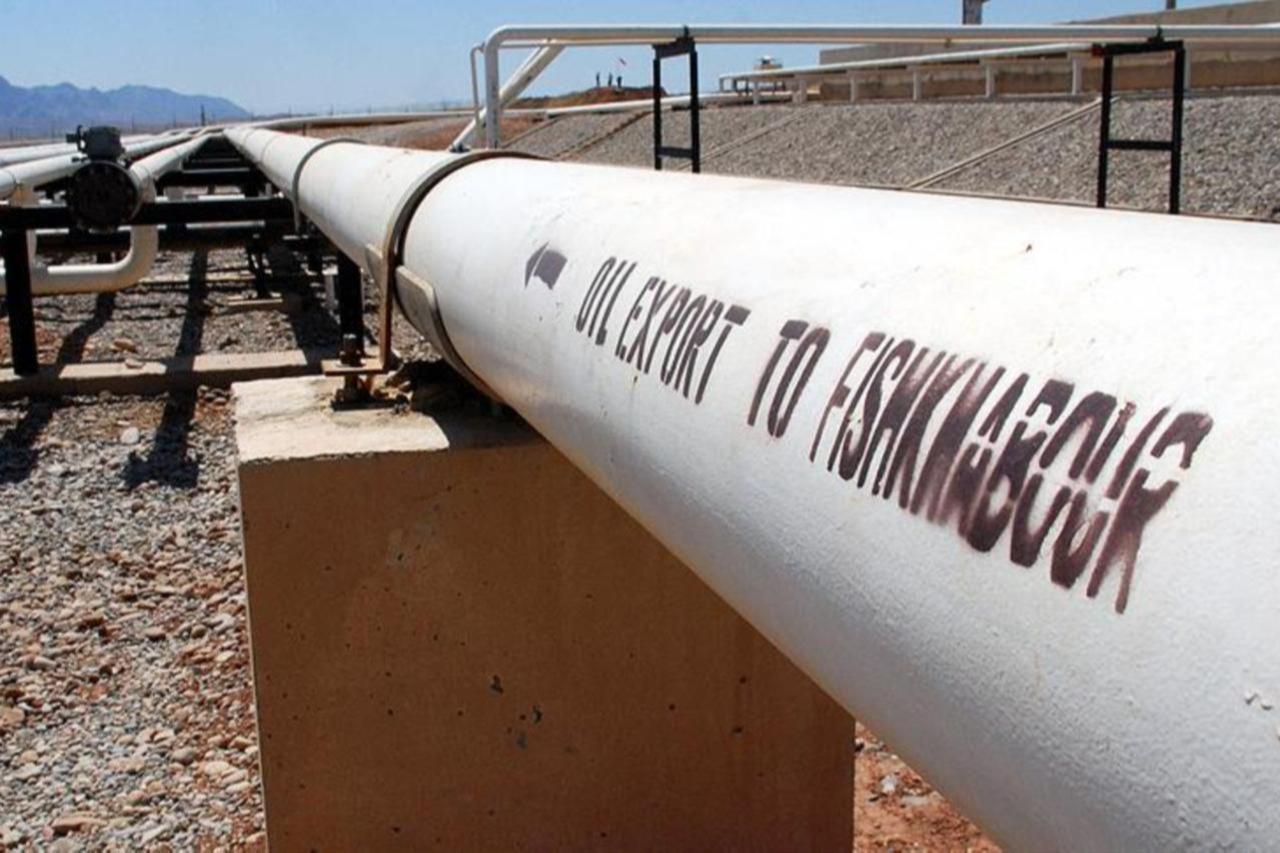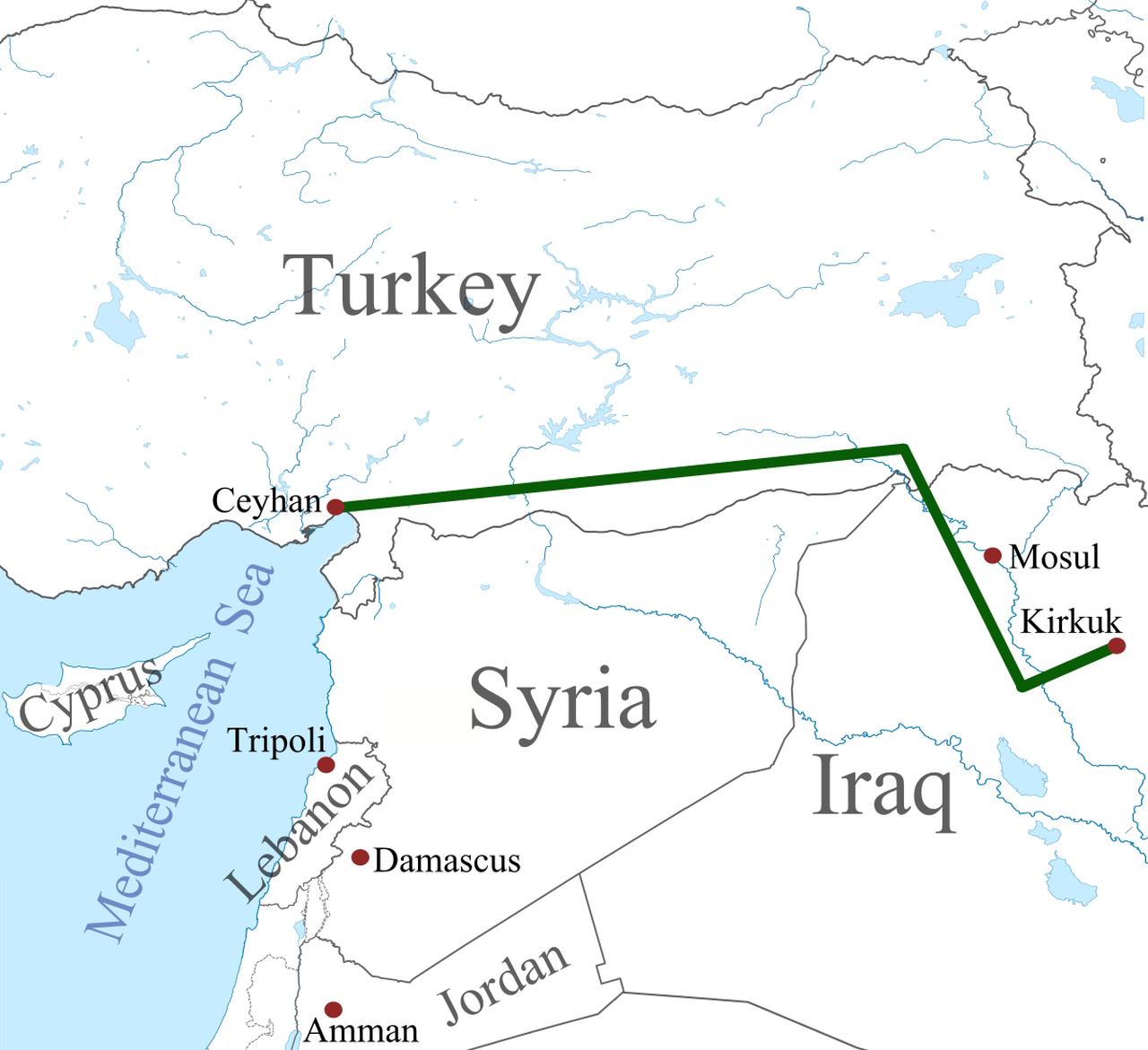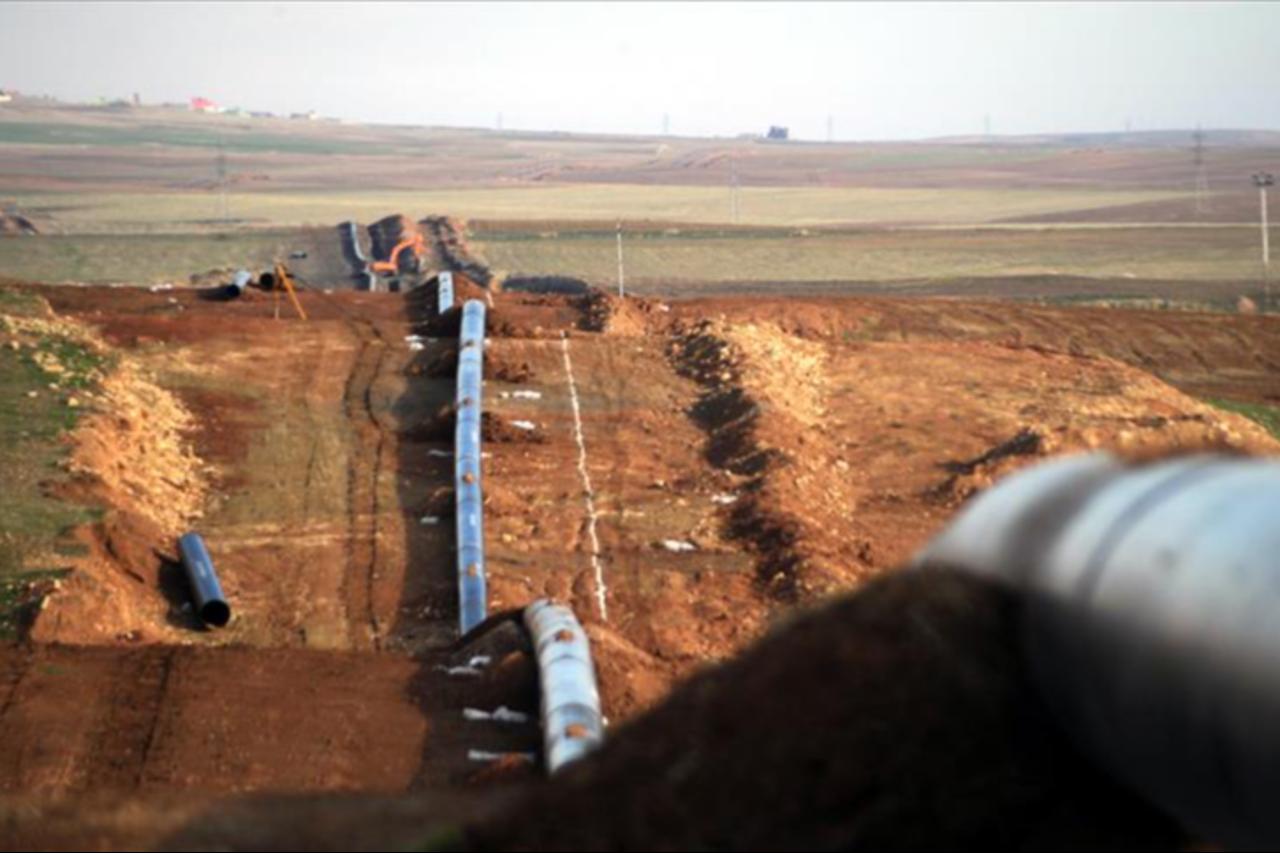
Iraq is preparing to resume crude oil exports through Türkiye’s Ceyhan port as early as this week, according to Oil Minister Hayyan Abdulghani, in what could signal a potential thaw in the prolonged halt caused by legal disputes with Türkiye.
Abdulghani stated on Wednesday that oil flows from Iraqi KRG would begin “today or tomorrow,” with initial exports set at 80,000 barrels per day (bpd). The shipments are part of a preliminary agreement between Baghdad and the KRG, following a nearly 16-month suspension.
The Kirkuk-Ceyhan pipeline, Türkiye’s key crude oil conduit from Iraq, was shut down in March 2023 after an international arbitration tribunal ruled in favor of the Iraqi central government. The decision required Türkiye to pay $1.4 billion in damages for allowing the KRG to export oil independently—contrary to Iraq’s constitution, according to Baghdad.
Before the shutdown, the pipeline carried around 500,000 barrels of crude oil per day. At full capacity, the system—operated by Türkiye’s state-owned pipeline company BOTAS—can transport up to 1.5 million barrels per day through two parallel lines.
The Iraqi Council of Ministers approved a new agreement between the federal government and the KRG on July 17, following renewed efforts in 2025 to restart exports. The deal outlines financial support for production costs and sets a fixed transport fee of $16 per barrel—conditions seen as instrumental in facilitating the reopening of the pipeline.
Iraq continued to rank as Türkiye’s second-largest oil source from January to May, supplying an estimated 12.08 million barrels despite the ongoing export halt, official data shows.

Türkiye announced in July 2025 that it would terminate its longstanding pipeline agreement with Iraq by 2026. Originally signed in 1973, the agreement was extended in 2010 for another 15 years and included provisions for resolving commercial disputes under French law, with arbitration to be conducted under the International Chamber of Commerce in Paris.
Energy and Natural Resources Minister Alparslan Bayraktar said the decision not to extend the current agreement was based on the need for a new framework that supports full utilization of the pipeline’s capacity and minimizes legal risks.
“If we renewed an agreement that has never reached full capacity and has caused legal deadlocks since 2014, we would be repeating the same mistake,” Bayraktar said, recalling that the pipeline’s 1.5 million bpd potential had never been achieved since it was built in the 1970s.

Bayraktar confirmed that Türkiye has already submitted a draft of a new agreement to Iraq’s Oil Ministry. The proposal emphasizes mutual commitment to resolving legal disputes in advance and aims to fully utilize the pipeline’s transport capacity.
He underlined that this would allow Iraq to diversify its export routes, currently concentrated in the southern Basra region. “Iraq exports around 4 million barrels of oil per day. All of it goes through Basra. With this pipeline, you could export nearly 40 percent of it via an alternative route, potentially reaching Europe and the Mediterranean,” he noted.

Bayraktar also addressed the possibility of extending the pipeline further south in Iraq to access larger crude reserves. “To reach the 1.5 million barrels per day (bpd) mark, the line must extend further south, as current northern production— including from Kirkuk—can only supply about half of that,” he explained.
He added that discussions also included transforming the route into a broader “energy corridor” as part of the proposed Development Road project, highlighting that a fully utilized pipeline could represent an annual oil trade volume worth approximately $40 billion.